Category:
Topic:
02/03
Sophisticated technology analysis made easy
The global data analytics platform for policy makers, investors and corporations financing emerging technology.
03/03
Get in touch
Connect with us in your preferred channel.
Category:
Topic:
02/03
Sophisticated technology analysis made easy
The global data analytics platform for policy makers, investors and corporations financing emerging technology.
03/03
Connect with us in your preferred channel.

Senior researcher Aurore Geraud of L'Atelier describes her newsletter The Glitch, and her perspective on technology, including virtual environments.
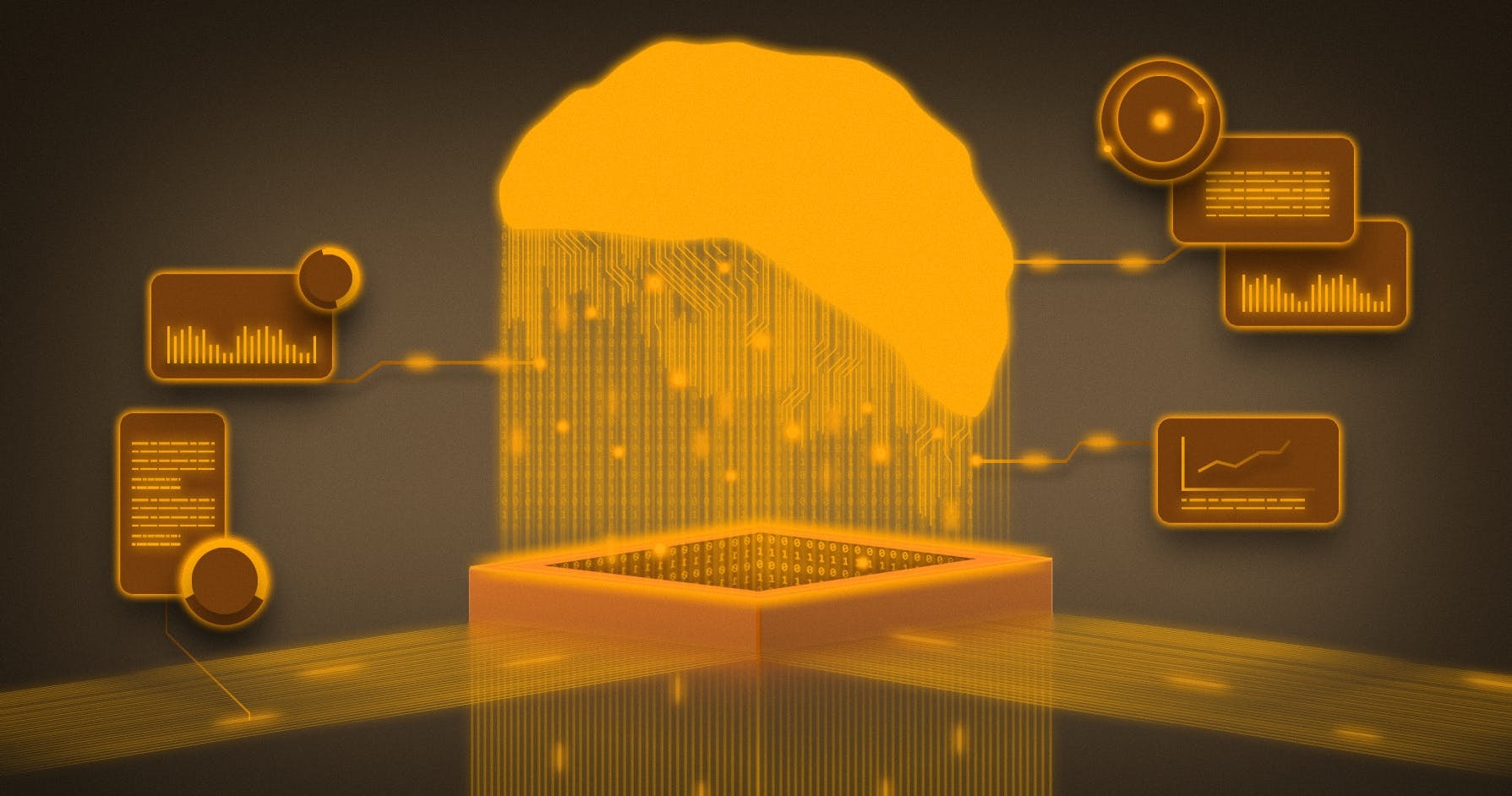
The versatility and ubiquity of artificial neural networks in AI applications has driven spectacular growth in technology use, in virtually every facet of modern life.
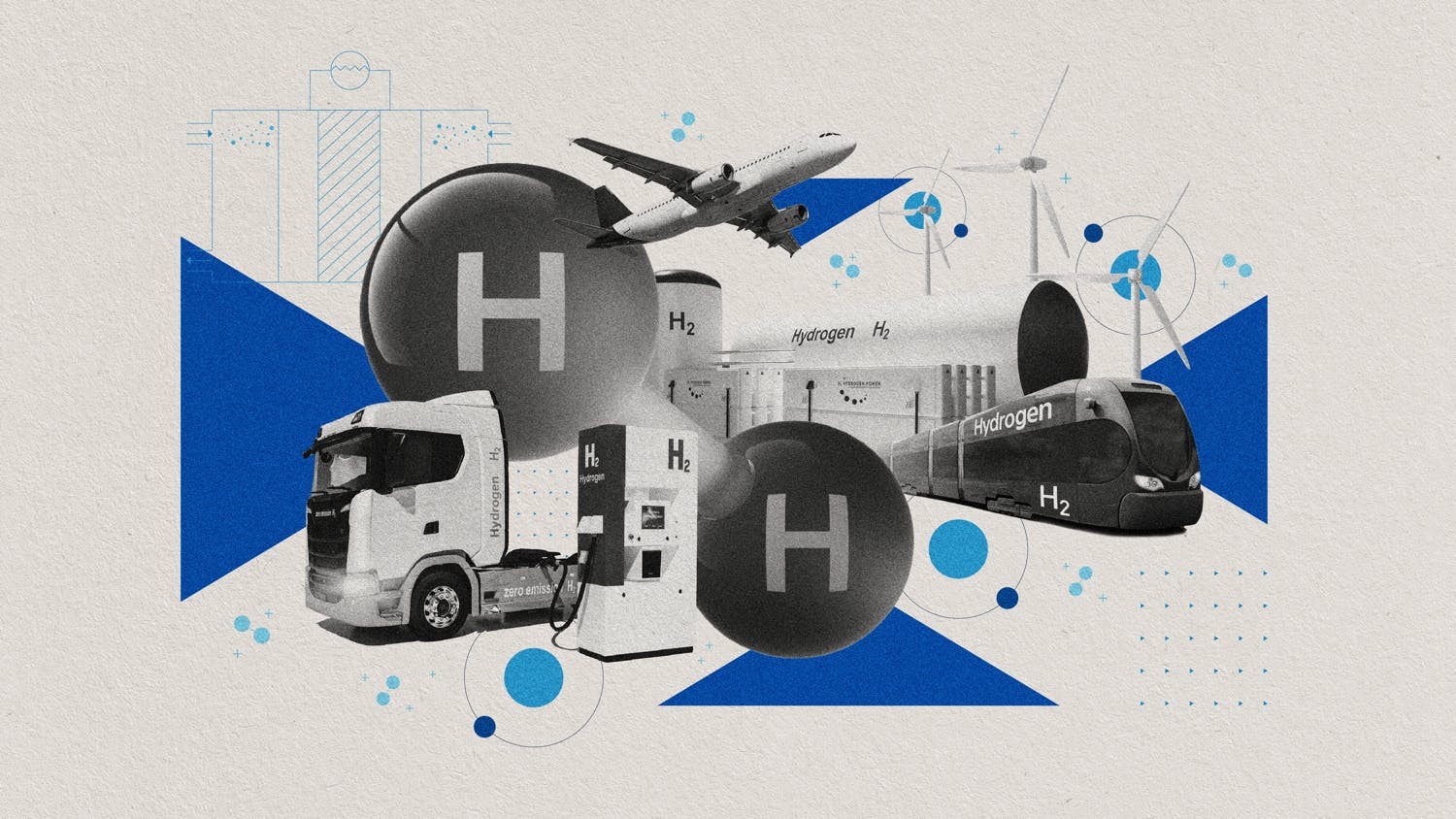
On November 2nd, the COP26 launched the Glasgow Breakthroughs. Five key sectors, including hydrogen, were identified as priorities. Green hydrogen components—like fuel cells—could impact transportation and shipping, industrial ecosystems, and the global energy market.

The US, China and the UK lead in quantum computing R&D, with the US topping all other countries in patents, publications, grants and investments. France and Germany lead in Europe. In 2021, Angela Merkel unveiled the first quantum computers, developed by Fraunhofer-Gesellschaft and IBM.
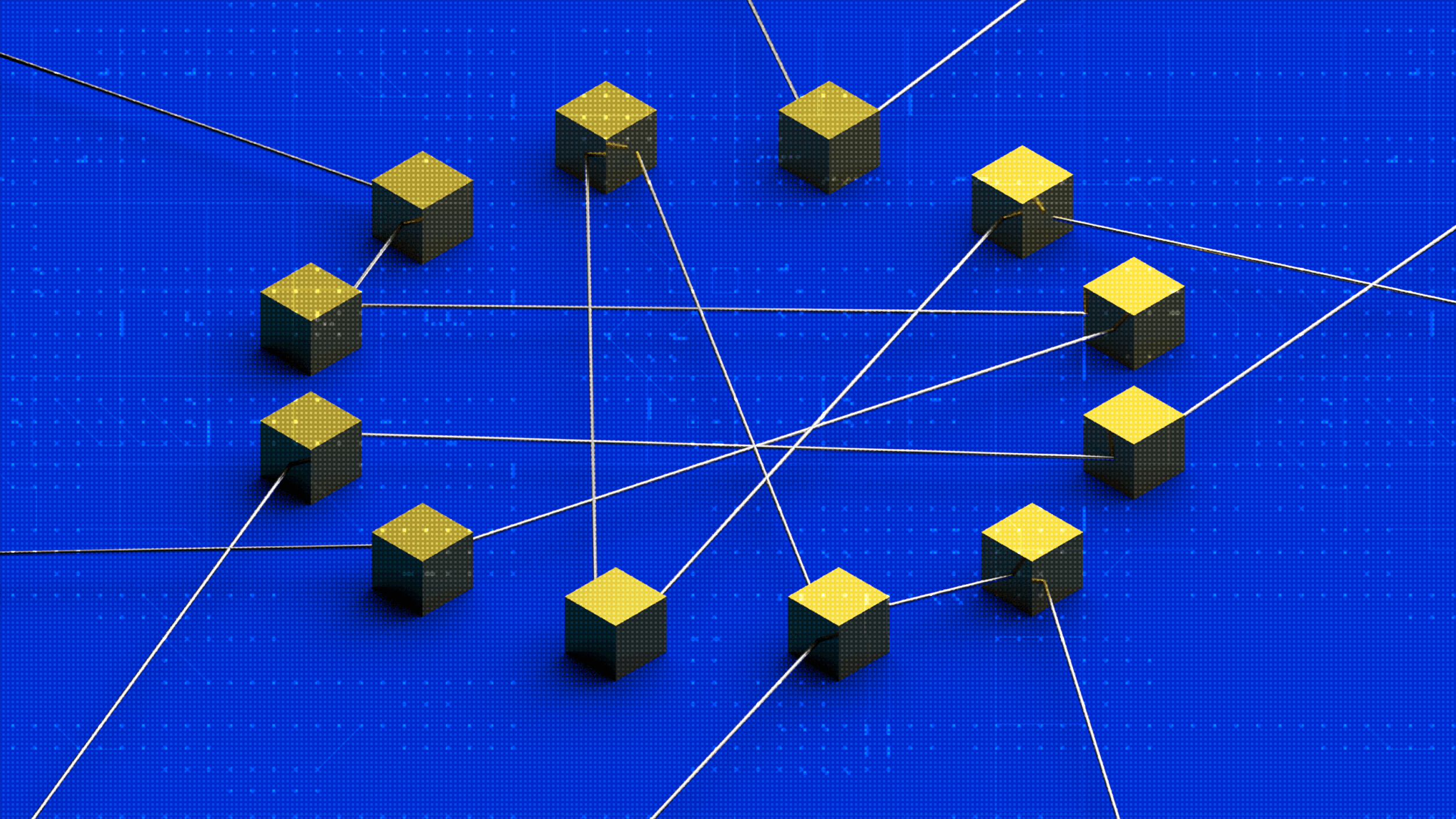
According to L’Atelier’s technology intelligence engine, the European Commission, through Brussels, has been the highest investor in blockchain initiatives via grants since 2016. It spends almost six times the US budget for the same technologies.
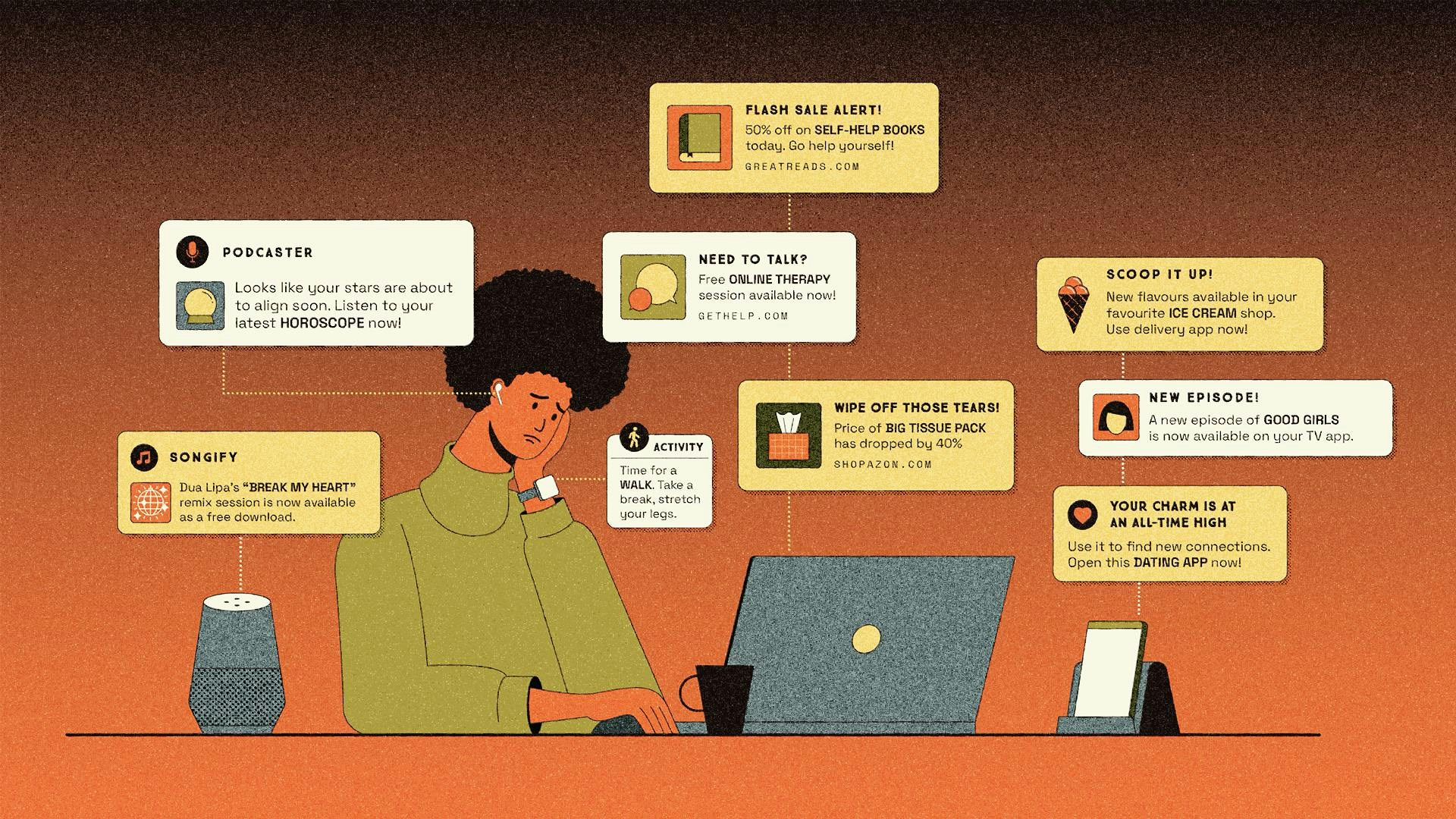
Affective computing enables machines to recognise, express and influence emotion. While the technology's most obvious implementation would be a humanoid robot, it is more likely to permeate into portable and wearable devices first.

Technology culture is fuelling an industry of wellness and life coaching ... and you are the product.
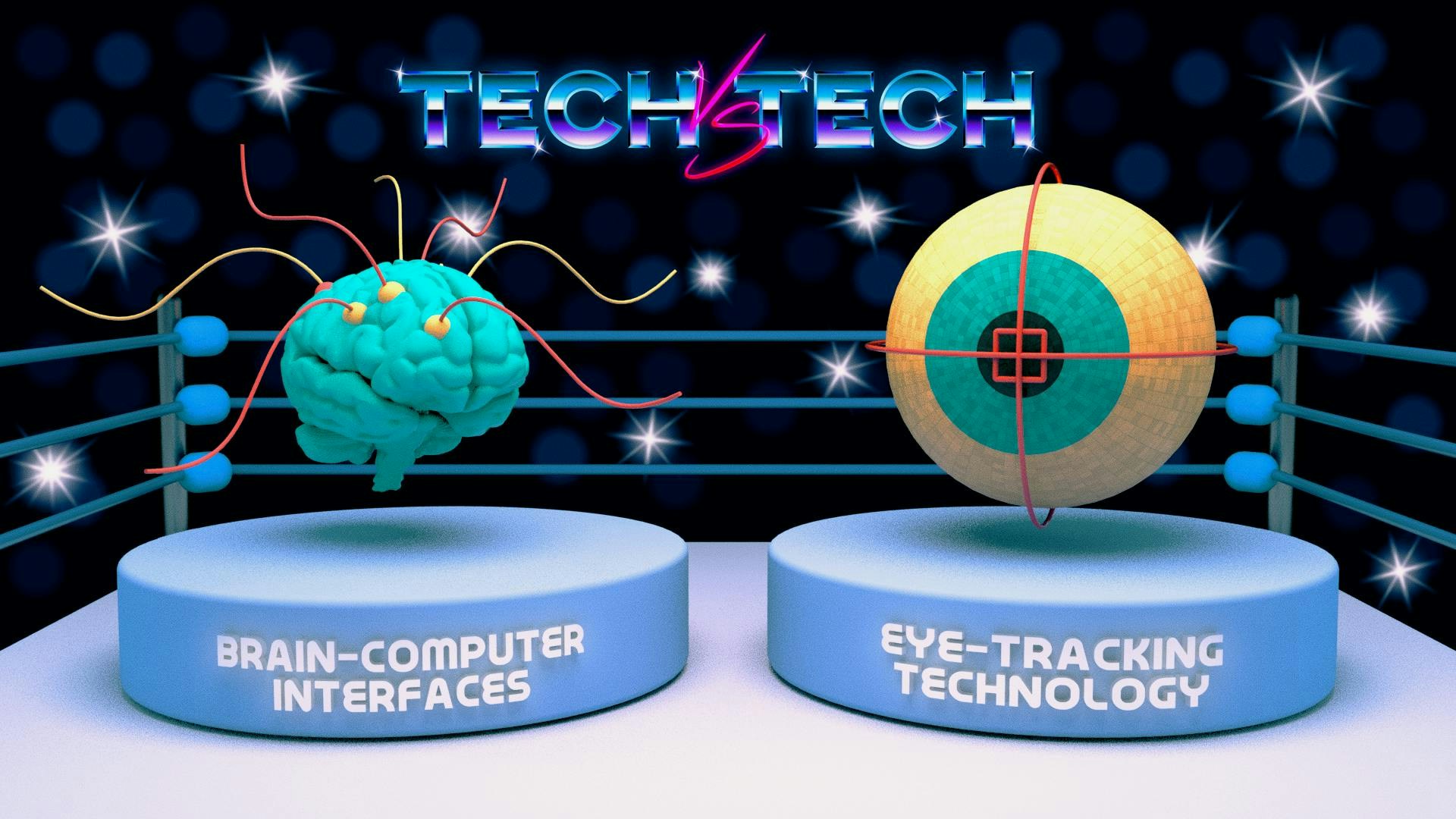
The next stage of virtual reality is controller-free. Two technologies are competing to bring that reality to mainstream lives.
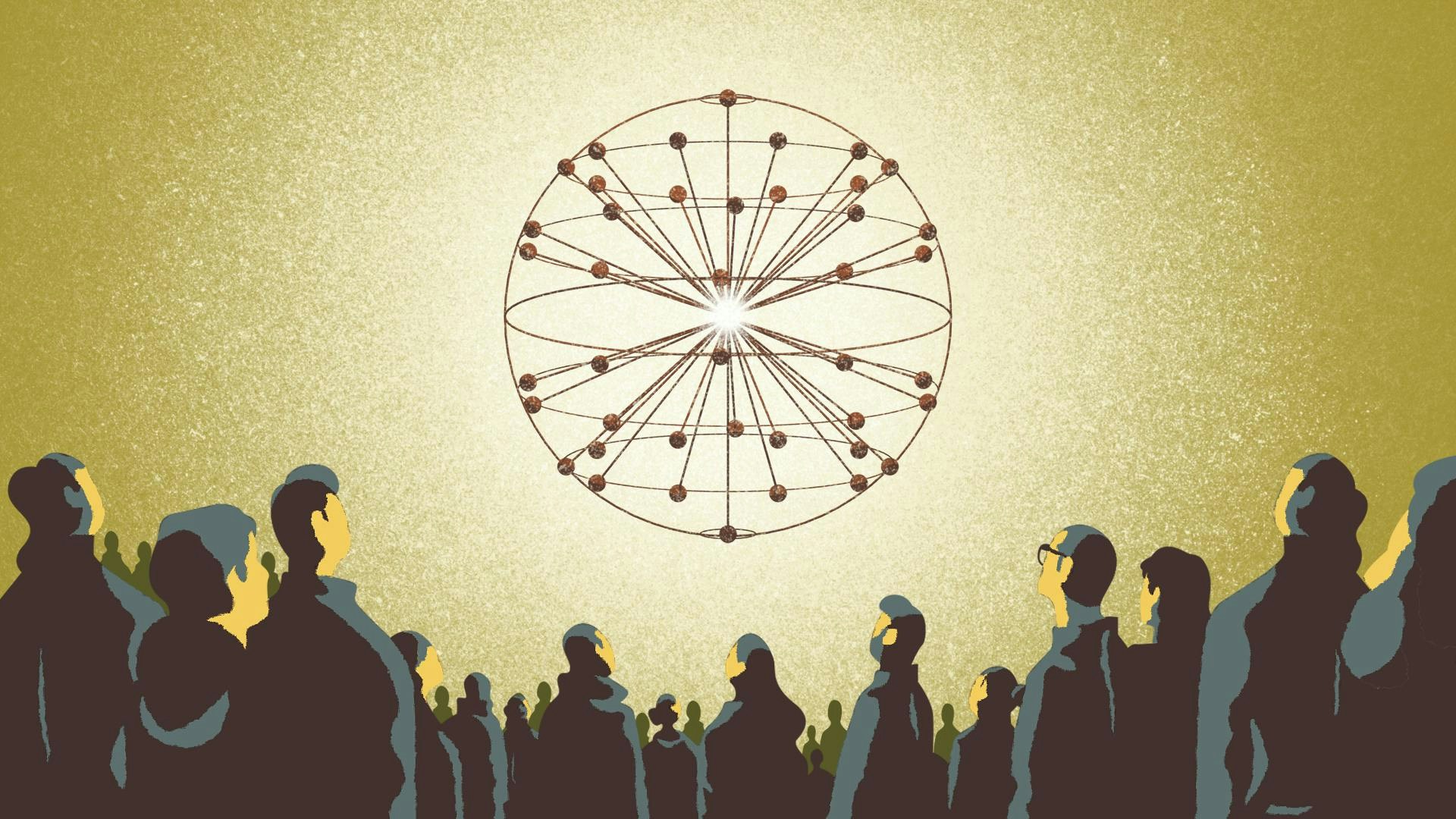
There are fundamental differences between the computer you are using now and QC, mainly regarding information storage and calculation methods.